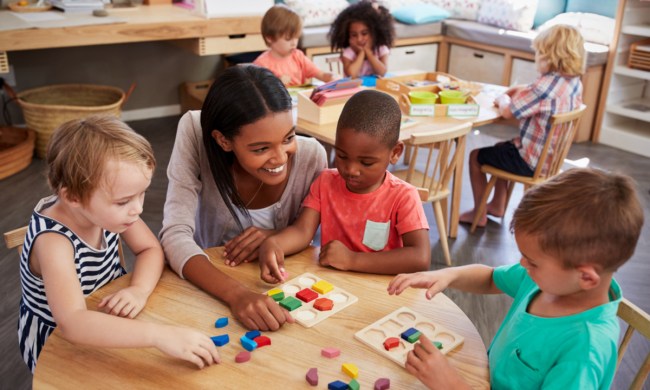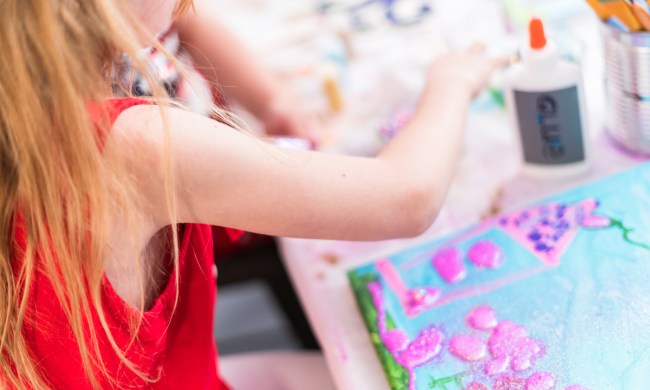PBS Kids defines responsibility as “being dependable, making good choices, and taking accountability for your actions.” Simply put, responsible people look out for more than just themselves. So why is teaching responsibility such a big part of kids’ development? According to the Center for Parenting Education, teaching a child to be responsible is essential to success in school and beyond.
There are many ways your child can exhibit responsibility. It’s a comprehensive term that incorporates different traits, including dependability, accountability, accepting credit, admitting mistakes, keeping your word, and meeting obligations.
Being responsible is not the same as being obedient. Many children follow the rules in school and at home because they are told. Things like chores and homework are often completed because a child is instructed to, not because they feel compelled to do them. Understanding the distinction between obedience and responsibility is key for children and parents.
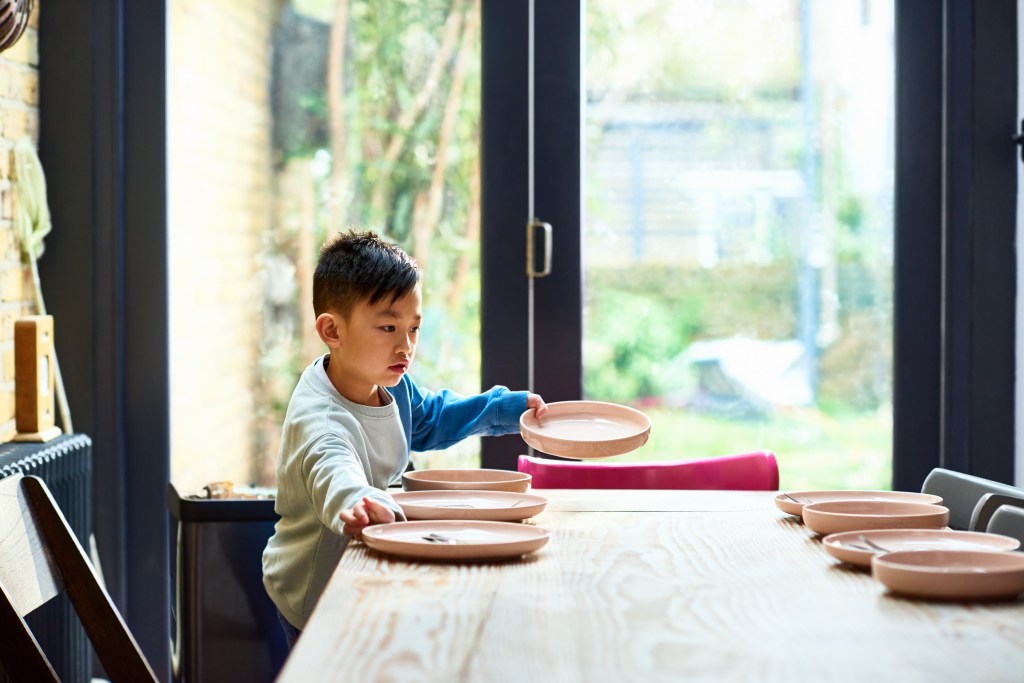
Teaching kids responsibility
Responsibility may just be the most crucial character trait you can instill in children. Responsible children grow up to be contributing and kind members of society. Teaching a child to be responsible doesn’t happen overnight. It’s something that develops over time with constant modeling.
Responsible teens don’t just appear. The groundwork is laid as early as toddlerhood. Helicopter parenting has become a popular term in recent years and takes being an overprotective parent to another level. A helicopter parent actually hurts a child’s cognitive development because hovering this much takes away the need for kids to problem-solve and make decisions. So, what can parents do to raise a responsible child?
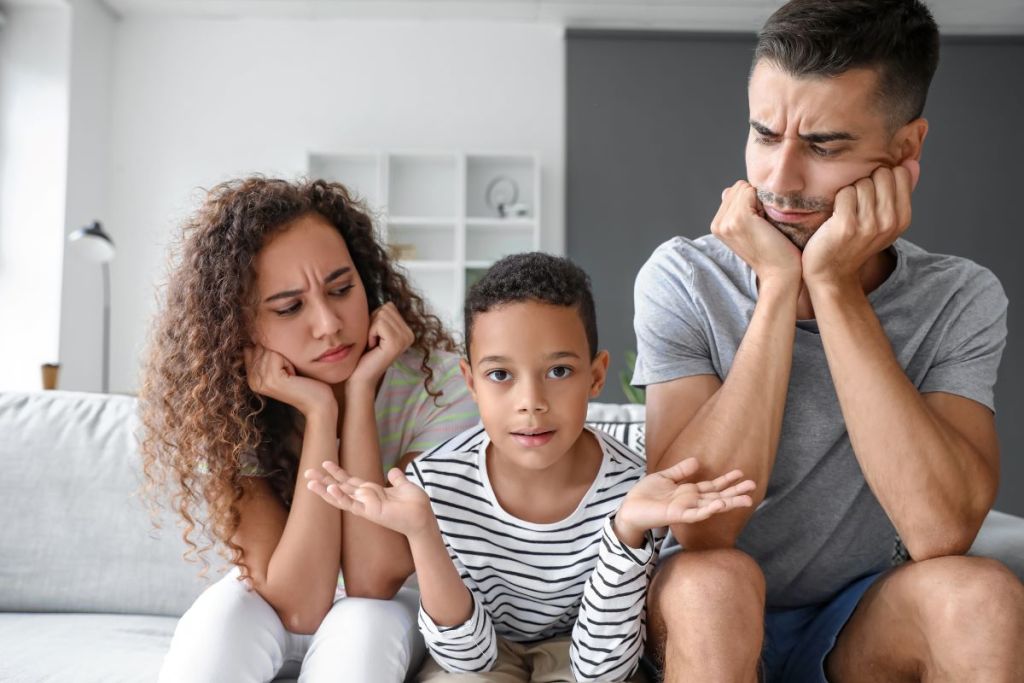
Avoid blame
It’s easy to point a finger when stuff happens. Blaming, however, teaches children to be defensive and ultimately leads to lying. Instead of blaming, model taking responsibility and avoid labeling a child as irresponsible.
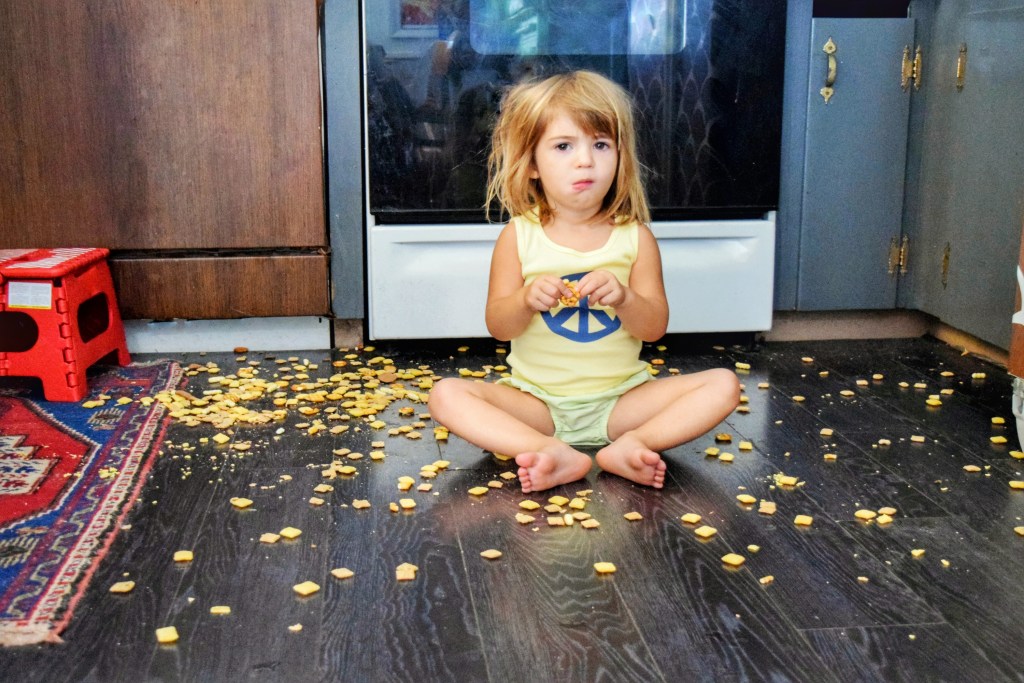
Remember that stuff happens
Accidents happen. Milk gets spilled. Things get broken, and messes will undoubtedly be made. Instead of getting mad or dishing out blame, teach children that when accidents happen, we clean up. Next time milk spills in the middle of dinner, smile and hand out the paper towels to clean it up. When messes are handled calmly and with positivity, children are far more likely to pitch in. Of course, this is easier said than done. Anyone with children knows it’s quicker to send them out of the room after an angry outburst and clean up the spill, but doing so doesn’t teach responsibility whereas involving kids in the cleanup does.
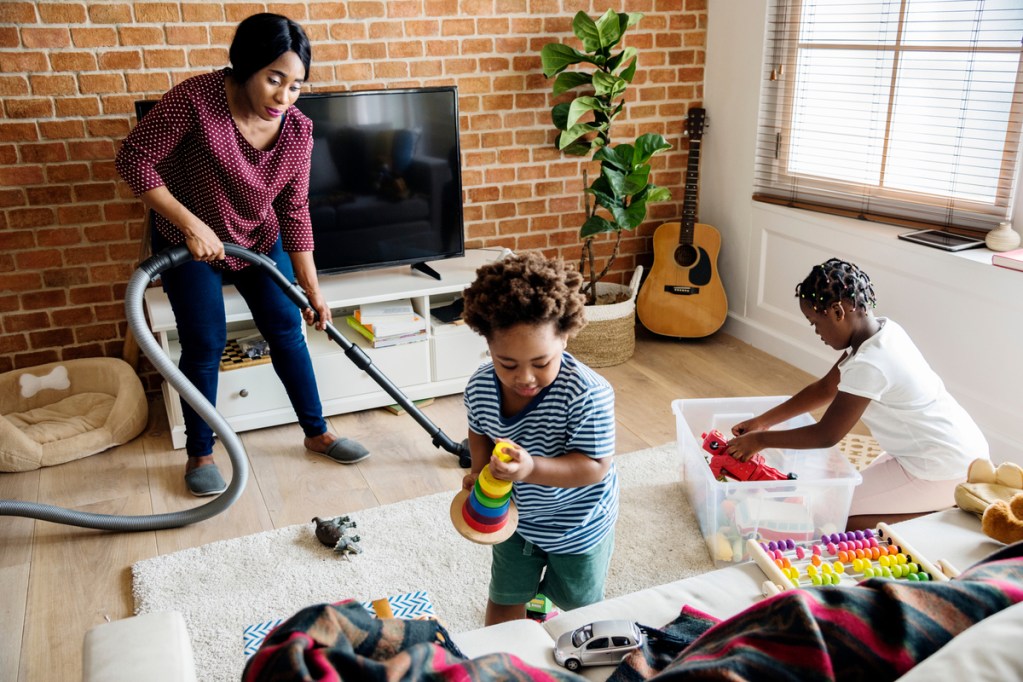
Assign children chores
Having children complete chores around the house teaches accountability and encourages them to be helpful. Sure, doing the chore yourself is often simpler and faster, but that doesn’t teach a child to be accountable. Try and make chores fun by making a game of it, or incorporating music. Accept the chore isn’t necessarily going to be executed perfectly.
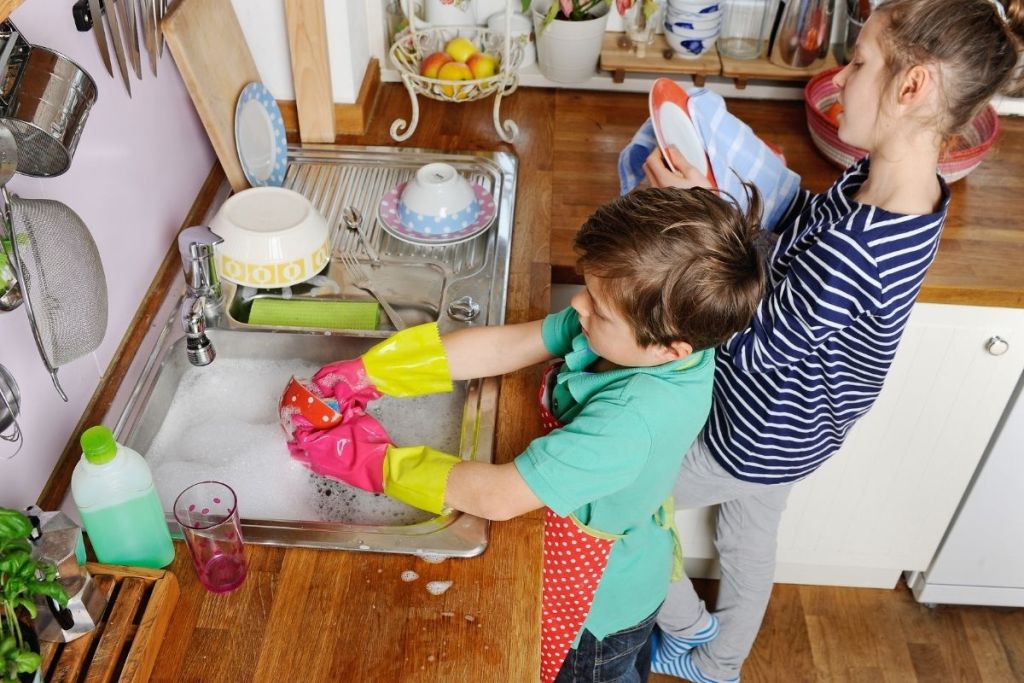
Accept kid help
When children are little they want to help their parents with the household chores. From washing the dishes to dusting the house, to folding the clothes, participating in the same chores their parents are doing allows them to feel useful and normalize doing chores. Let them help when they ask. It may make the chore longer to do, but it’s a big step on the road to responsibility.
Let them do it themselves
Of course, it’s easier on busy mornings to put a child’s clothes on or brush their teeth. Doing so doesn’t teach responsibility. Instead, allow enough time in the morning or when leaving the house for kids to do those tasks for themselves.
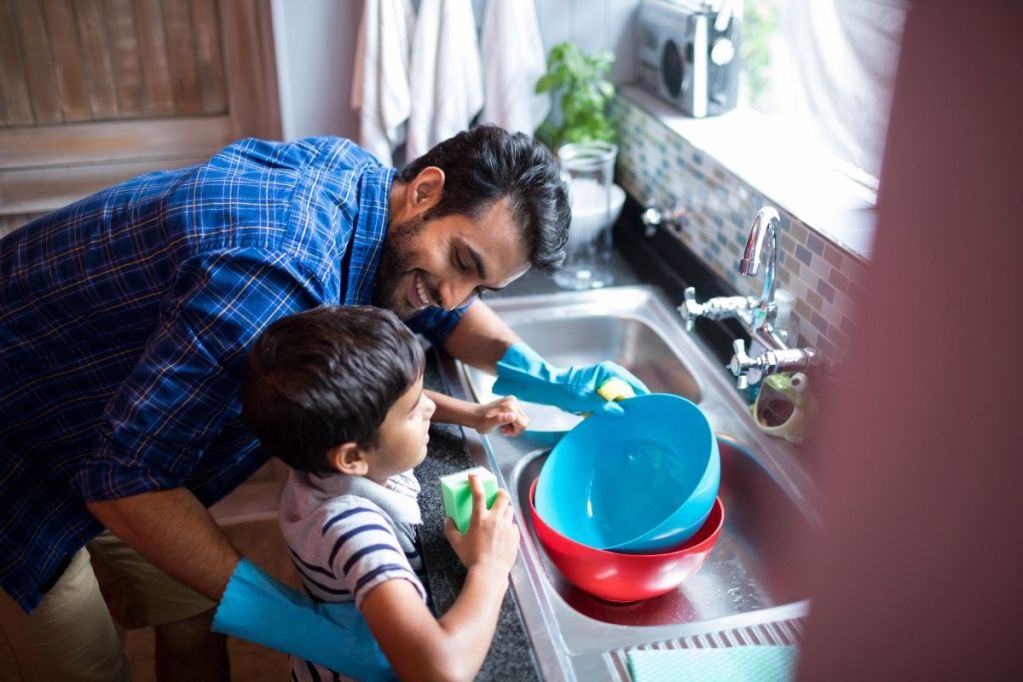
Develop routines
Children actually perform better at home and in school when there is structure. Morning and bedtime routines like washing hands, showering, and brushing teeth and hair are essential for proper hygiene. Having set times for homework helps children learn strong study habits. Routines around the house like doing laundry, making the bed, setting the table, and preparing meals are vital life skills kids need when they head off to college.
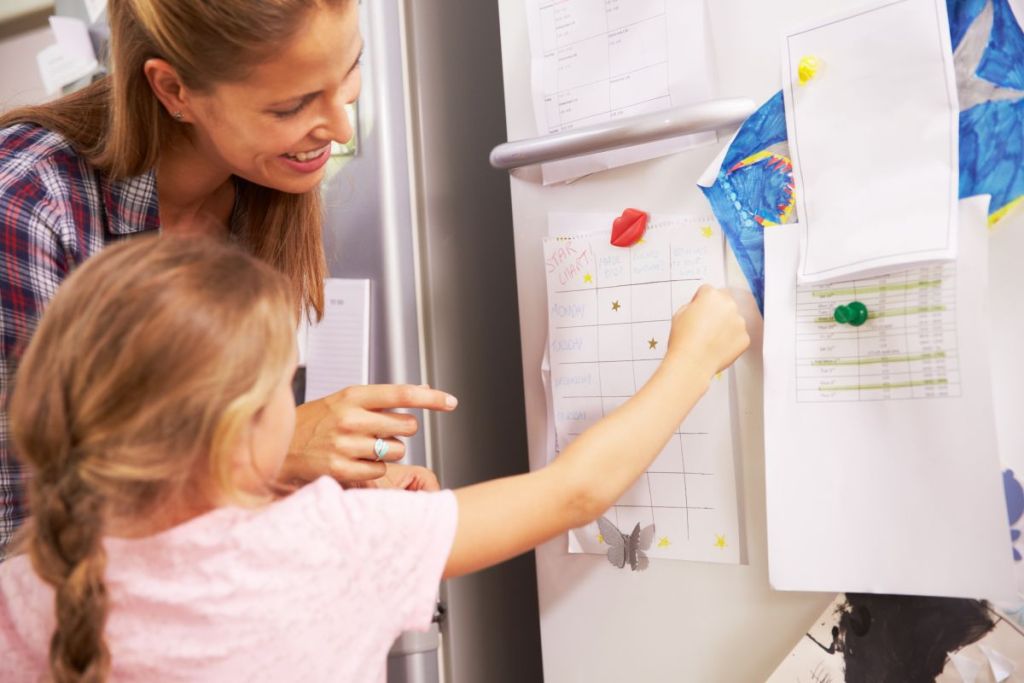
Encourage children to problem solve
One of the reasons why helicopter parenting is detrimental to a child’s development is because it inhibits problem-solving skills. Learning how to solve problems is a critical component of responsibility. Instead of stepping in, offer guidance and model problem-solving steps.
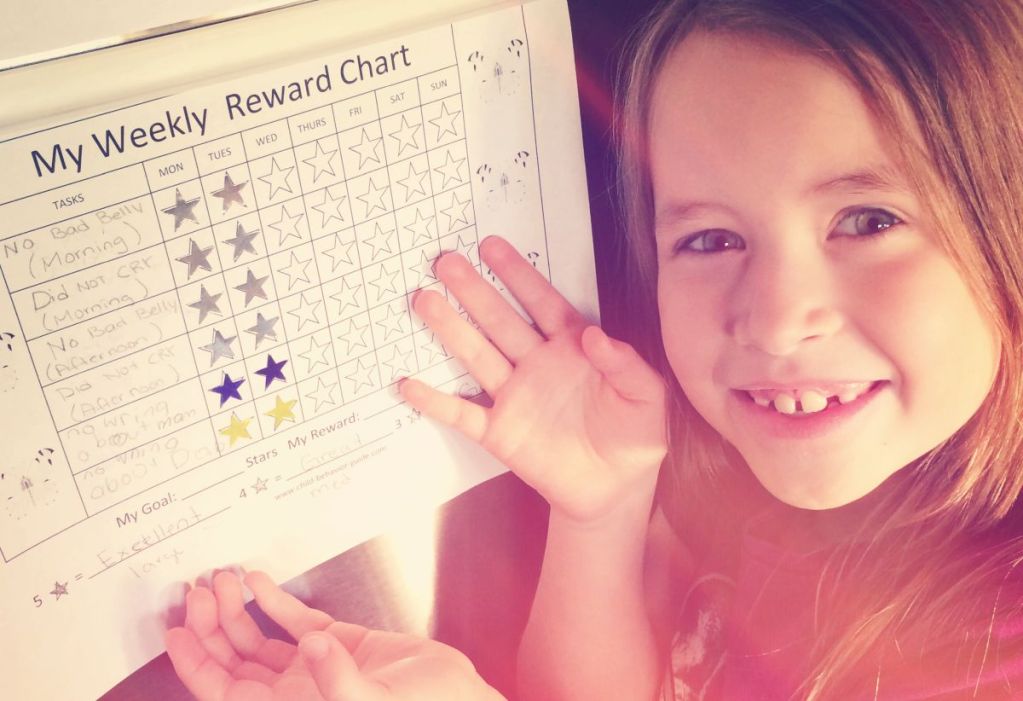
Work for pay
Providing kids the experience of earning payment for completing tasks is another stop on the road to responsibility. Earning an allowance is one way, as is paying children for doing harder chores like washing the car. Encourage tweens and teens to seek out small jobs in the neighborhood like dog walking, raking leaves, or mowing lawns.
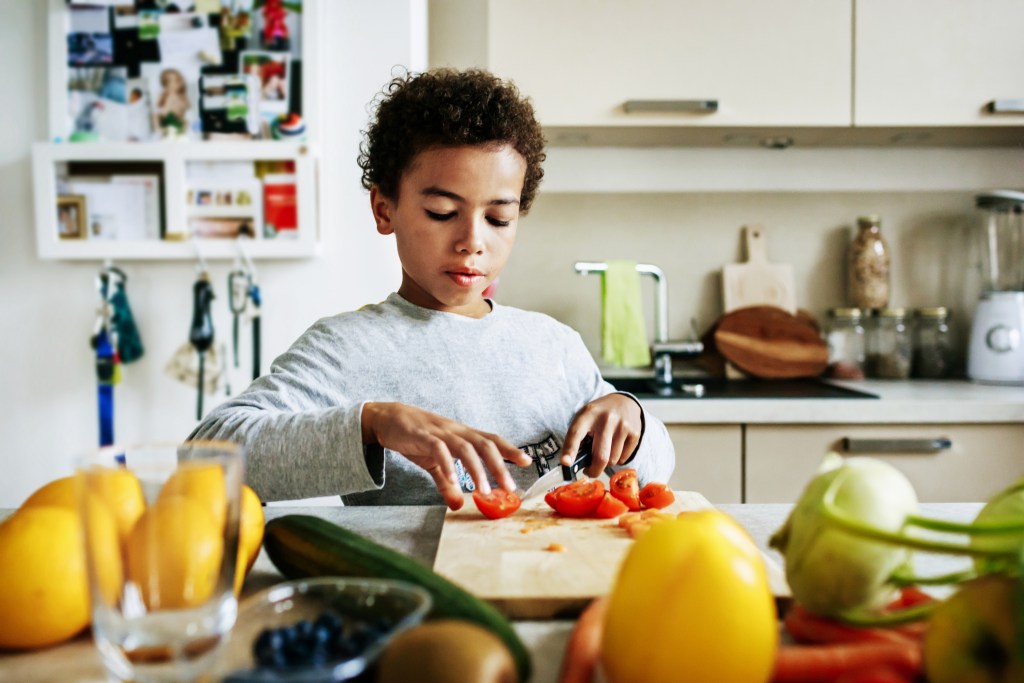
Don’t automatically bail a child out of a mess
If your child lost a school or library book, don’t just write a check. Have the child either pay for the lost book from his or her allowance or pay part of the cost. When kids have to help pay for that broken window or smartphone, they will learn to be more careful and thus responsible.
As parents, we want our children to grow into responsible adults. Responsibility is an important character trait leading to success in school and beyond. Teaching a child responsibility starts at home and at a young age. Modeling responsibility and accountability go a long way toward raising a responsible child.


